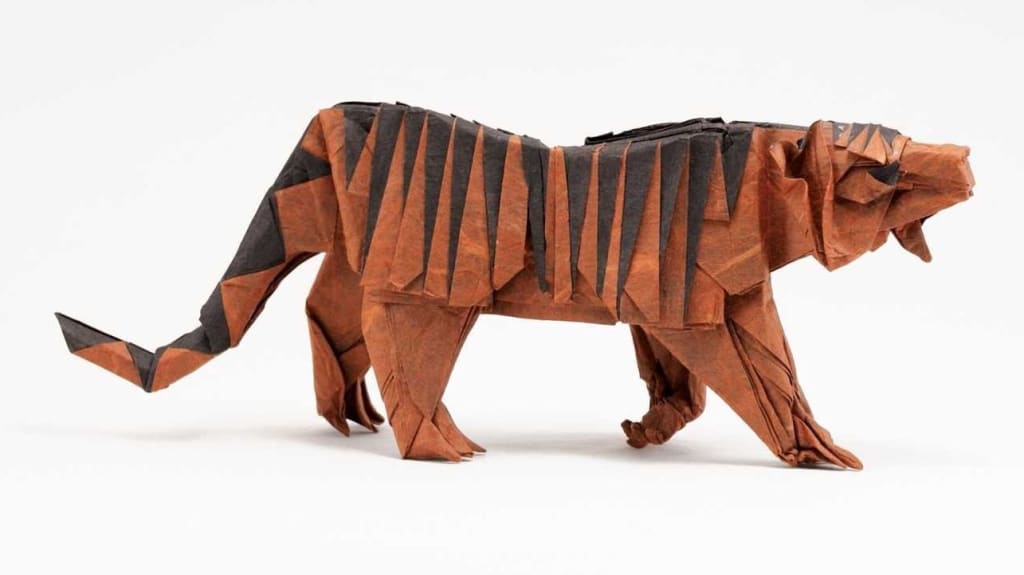Text vs. Subtext in The Paper Menagerie
MAJOR SPOILERS FOR KEN LIU'S THE PAPER MENAGERIE

As an explanation for this and the many other short story reviews I've been posting recently, these are reading reflections that I wrote for a creative writing class I took at the end of last year. These short story reviews allowed me to gain a better appreciation for narrative through writing and for reading in general, and I am super proud of these short reviews.
Ken Liu’s brilliant Hugo, Nebula, and World Fantasy Award-winning short story “The Paper Menagerie” is a beautiful and heartbreaking exploration of adolescence not just through the eyes of a teenage boy, but through the eyes of one who feels automatically outcast simply because of his upbringing. His mother was a Chinese fugitive who had to advertise herself in a catalog and claim “she was eighteen, loved to dance, and spoke good English because she was from Hong Kong” in order to escape. His father was an American man who reached out to her through this catalog and ended up even hiring a translator in order to communicate with her. Their son, named Jack, initially loves the culture he grows up in. He discovers his mother can fold beautiful origami creatures that she can bring to life, and he eagerly speaks the Chinese language. However, one day, when he moves with his family at the age of ten, he starts to realize how harsh the world can be.
After less than positive interactions with multiple neighbors about his mixed heritage, he starts fearing for his reputation, yelling at his mother to “Speak English!” and telling her “We should eat American food” after she cooks a special Chinese dinner. On the outside, he’s yelling at his mother to suppress her heritage seemingly because he doesn’t appreciate it, but in reality, he’s lashing out because, on the inside, he doesn’t want to become an outcast for something he can’t control. After various experiences being called “chink face” and being criticized for not being “Chinese enough” and being made fun of for his origami animal toys, he starts to realize that the world doesn’t accept his heritage as much as he did, and thus takes it out on his parents for seemingly not trying to allow him to fit in.
It’s only when his mother dies of cancer that he realizes how toxic this mentality of repressing his heritage truly was. Not only did he never realize how much it hurt his mother to see him disown the culture that she was so proud he could inherit from her, but he also never realized how much she had suffered trying to escape that culture herself. After having a woman read him a letter he finds hidden in one of her origami creatures, he feels absolutely devastated. On the outside, he “could not bear to look into her face” because on the inside, he was so embarrassed and devastated at how cruelly he treated his mother for the same reasons that he was being unfairly treated. On the outside, he writes the Chinese symbol for “love” underneath the letter she wrote him because, on the inside, he realizes it’s the most important thing he can do in order to respect his mother’s memory and finally acknowledge his culture. On the outside, he accepts the creatures his mother made for him again because, on the inside, he feels nostalgic about his positive and amazing experiences with the creatures and understands that they’re the last piece of his mother remaining in the physical world. On the outside, he works to apologize for his actions because on the inside, he realizes that instead of worrying about being shunned for his culture, he should embrace it and recognize that the only people who should truly care about that culture are him and his family.





Comments
There are no comments for this story
Be the first to respond and start the conversation.